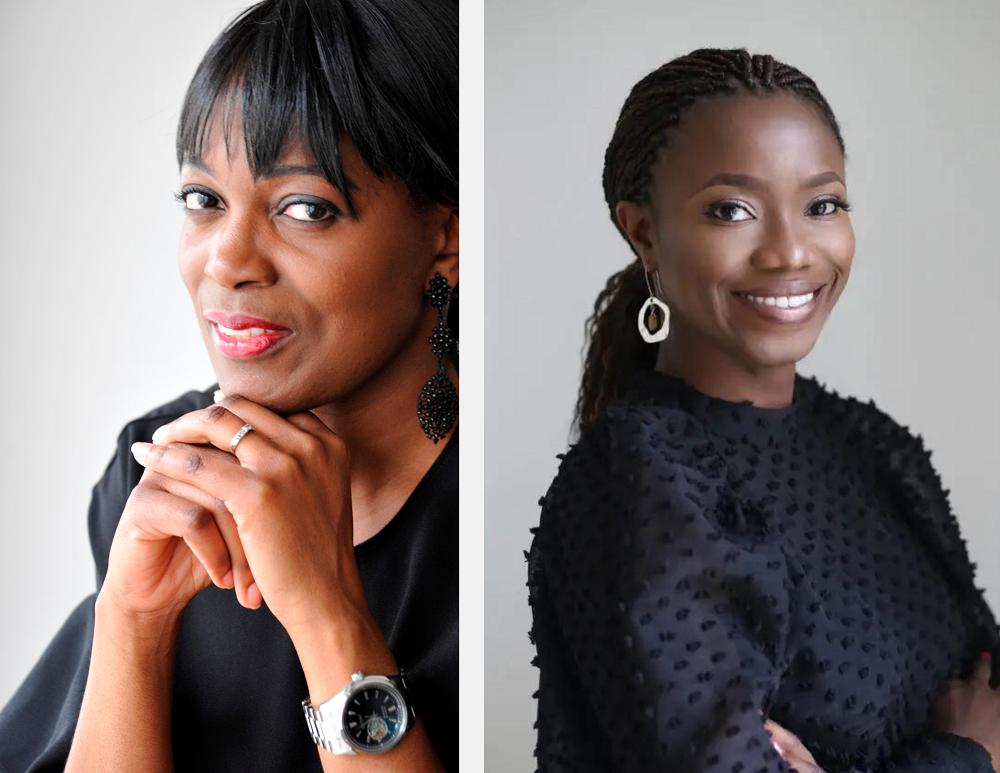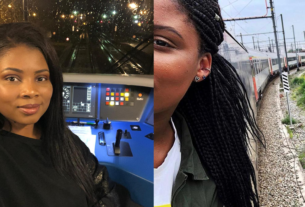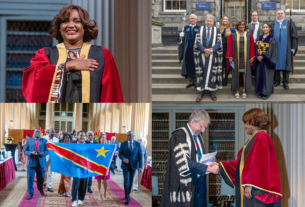Co-founders of Africa Communications Week (ACW), whose 7th edition will take place from 22 to 26 May in several African countries, Annie Mutamba (Left), originally from the Democratic Republic of Congo, and Eniola Harrison, originally from Nigeria, believe that Africa has elite communicators and that AfricaCommsWeek is proof of what Africa can achieve when borders are ignored. Today, they explain, AfricaCommsWeek, which brings together communication professionals, is an inclusive, multicultural and multilingual platform that is expanding internationally well beyond the North-South axis, with connections in Asia and Latin America.
Annie Mutamba: Africa Communications Week is a time for reflection on the role of communication in Africa’s economic transformation. Since 2017, we have been offering this annual gathering to all communication professionals from Africa or elsewhere with expertise and interest in the continent. It takes place alongside Africa Day (May 25th) and simultaneously in dozens of countries around the world. Beyond a series of events, our goal has always been to build bridges between professionals in the sector and highlight their crucial role in the development of African economies.
What motivated you to launch this event?
Annie Mutamba : AfricaCommsWeek was born out of frustration. I remember a discussion in 2016 with my future co-founder, Eniola Harrison, where we lamented the reputation of our respective countries: Nigeria and the Democratic Republic of Congo. Two magnificent African giants trapped in a disastrous reputation and an incomplete image beyond their borders.
Certainly, considering the many challenges these countries and their neighbors face, managing their reputation is not seen as an absolute priority. We hear and fully respect that argument. However, a poorly managed reputation has colossal repercussions on the performance and resilience of their economies and leads to an inability to instill investor confidence, create sustainable jobs, transform agriculture, develop education, and ensure healthcare for the 95 million Congolese and 213 million Nigerians. Is that really negligible?
At that time, the Ebola crisis and its economic consequences across the continent opened our eyes. It became urgent to critically evaluate the role of communication and take more specific actions to shape the narratives about Africa, given their undeniable impact. Thus, AfricaCommsWeek was born, initially to answer one question: What is the role of communication in all of this? And where are the experts?
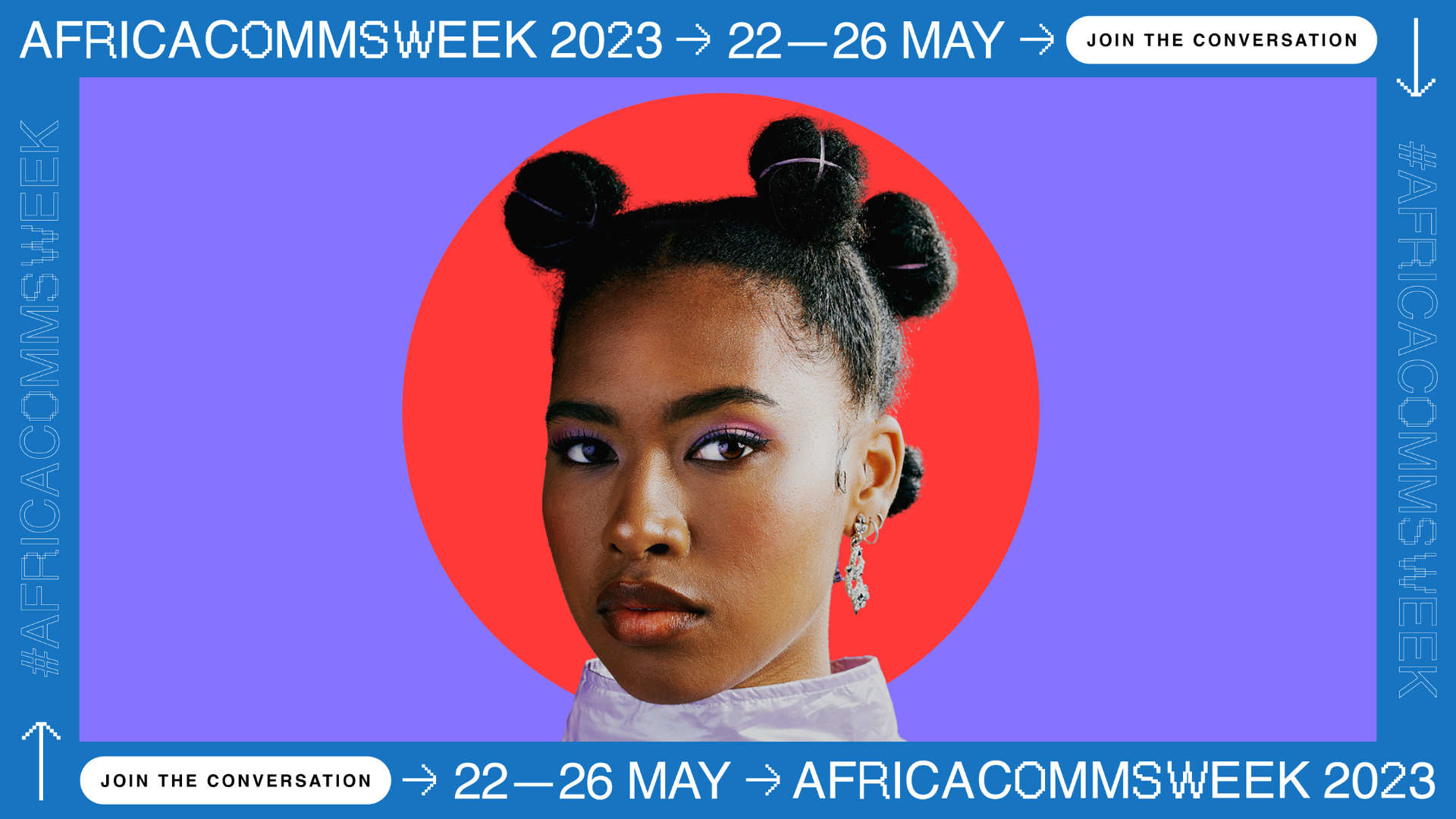
What activities will be organized during this edition?
Annie Mutamba: Around thirty events are planned in various countries, and each activity is crucial for strengthening the network, whether it takes place in person, online, or in a hybrid format.
Furthermore, after Kigali last year, our flagship event will take place in Johannesburg this year, organized by the Government Communication and Information System (GCIS), which has embraced the principles of AfricaCommsWeek. For the past two years, the South African government has organized a full week of activities involving high-level decision-makers, experts, and sector leaders.
Why did you choose the theme “Borderless Africa” this year?
Annie Mutamba: AfricaCommsWeek is proof of what Africa can achieve when borders are disregarded. It is an inclusive, multicultural, and multilingual platform that extends internationally far beyond the North-South axis, with connections in Asia and Latin America. It also demonstrates that the true strength of the communication sector lies in transnational, regional, continental, and global collaborations. This theme is both a celebration of the many partnerships that have emerged since the creation of our platform and a promise for the future.
What is your assessment since the creation of ACW?
Eniola Harrison: Six years ago, we launched AfricaCommsWeek by inviting communicators working in Africa and around Africa to reflect on the role of communication as a strategic lever for the economic transformation of the continent. We felt that too many professionals were working in isolation, completely disconnected from each other, trying to change the narratives about the continent. To address this, we needed to create synergies.
After six editions of AfricaCommsWeek, we are delighted to see such a change and a push for more balanced narratives and stories about the continent, with communicators leading the charge! The shift in narrative is firmly on the global agenda, and the power of communication in shaping the Africa we want has never been clearer.
Our platform enables interactions and exchanges that didn’t exist before and bear fruit beyond geographical, linguistic, and cultural borders. That is our greatest satisfaction.
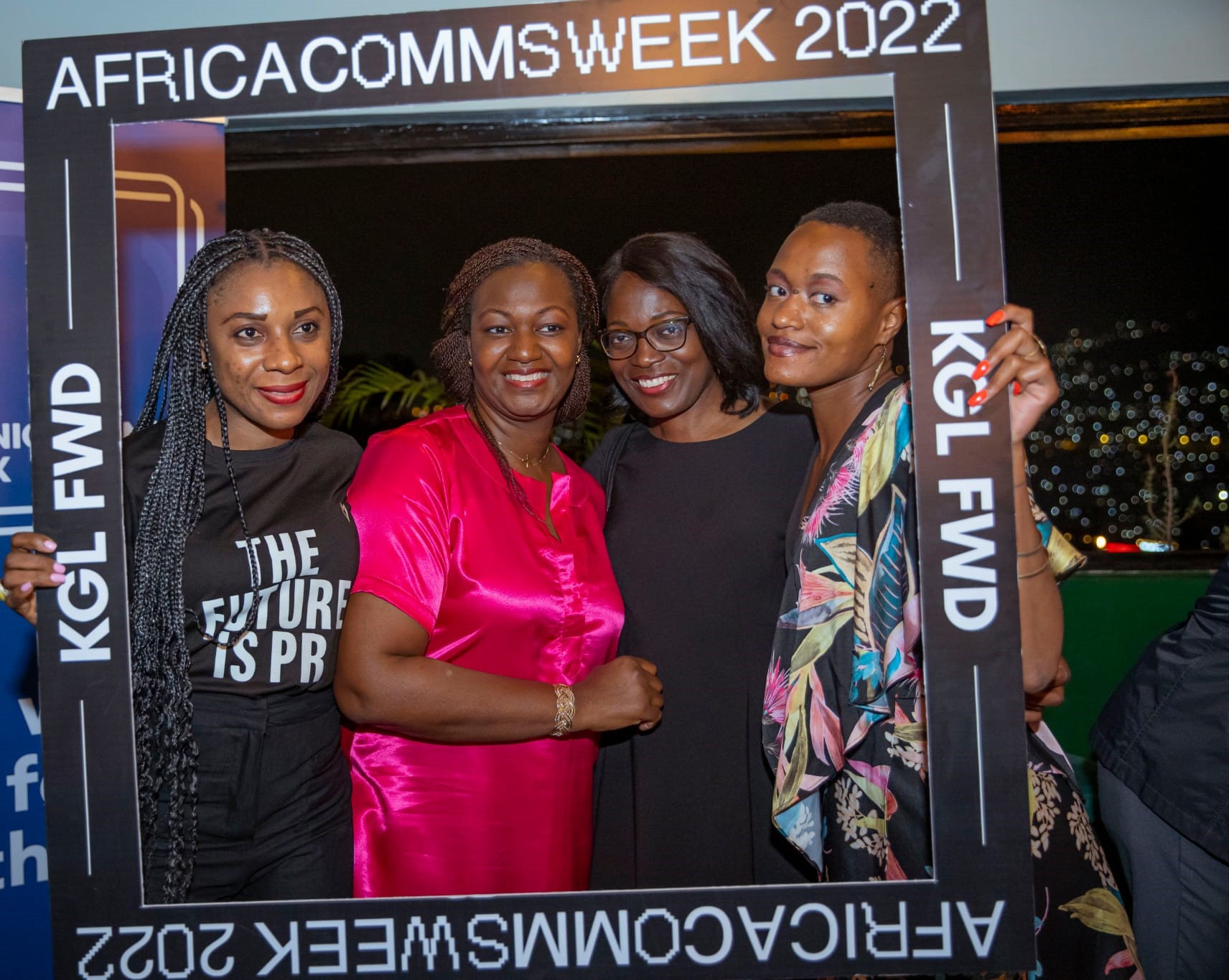
What innovations have been introduced since the first edition?
Eniola Harrison: Over the years, we have brought together over a thousand communication professionals through events held in 40 countries worldwide. We opted for virtual events long before it became the norm because we wanted to bring together people who couldn’t travel. The true innovation came from the organic growth of the network. From the very first edition, it became evident that what was intended to be an annual event had become a flourishing network of communication professionals who actively engage, share knowledge, and do business with each other. Partnerships are at the heart of AfricaCommsWeek, and we are proud to work with change-makers at both national and international levels. For example, we collaborate with the OECD’s DevCom network, with whom we regularly organize activities to connect our two ecosystems. We have also built partnerships with various academic institutions. In 2020, our collaboration with the WHO at the beginning of the pandemic resulted in the rapid development of communication tools in several African languages. In 2022, we collaborated with Clipse to launch the first African guide to communication agencies.
And, of course, our team has grown. After the first edition in 2017, our duo was joined by Jessica Ilunga (DRC), Maryse Sam (Côte d’Ivoire), and Emmanuella (Nigeria), without whom all of this would simply be unmanageable.
What are the challenges in the communication sector in Africa in general, and in the DRC in particular?
Annie Mutamba: In recent years, the imperative of communication has spread throughout the continent. When well thought out and executed, communication demonstrates its relevance as a strategic field that significantly contributes to the economic transformation of the African continent. It is a collective effort that our sector must lead. Africa has elite communicators (we see it every day!), but these gems are probably not numerous enough, and some are not recognized for their true value to face the challenges of tomorrow. The challenge lies in both the basic and continuous training of communication specialists and their access to strategic positions that allow them to contribute effectively to the transformation of our economies.
Regarding the DRC, it has taken a step forward. It is now setting guidelines for managing its reputation, which is a strategic asset for the state. The system is fragile but has the merit of existing. It demonstrates above all that changing the narrative cannot be decreed. It requires tremendous resources. To paraphrase the late Pius Adesanmi (Carleton University): dedicate as much energy, intention, and effort to changing your narrative as those who have an interest in keeping it unchanged.
The positioning of the DRC on the climate issue is an interesting example in this regard. What are its strategic communication axes, and how has it capitalized on the “African COP”? Beyond slogans, what are the ways and means to embody the “solution country” and the benefits for its population?
Economic intelligence, monitoring, public diplomacy—these are all concepts to be included in the development strategy of decision-makers in this country undergoing transformation. And it is necessary for this reputational work to also rely on mature and thoughtful interaction with private sector actors. Key elements of the DRC’s public diplomacy, Congolese entrepreneurs have already demonstrated their ability to create spaces for dialogue and visibility that are often inaccessible through traditional public action.
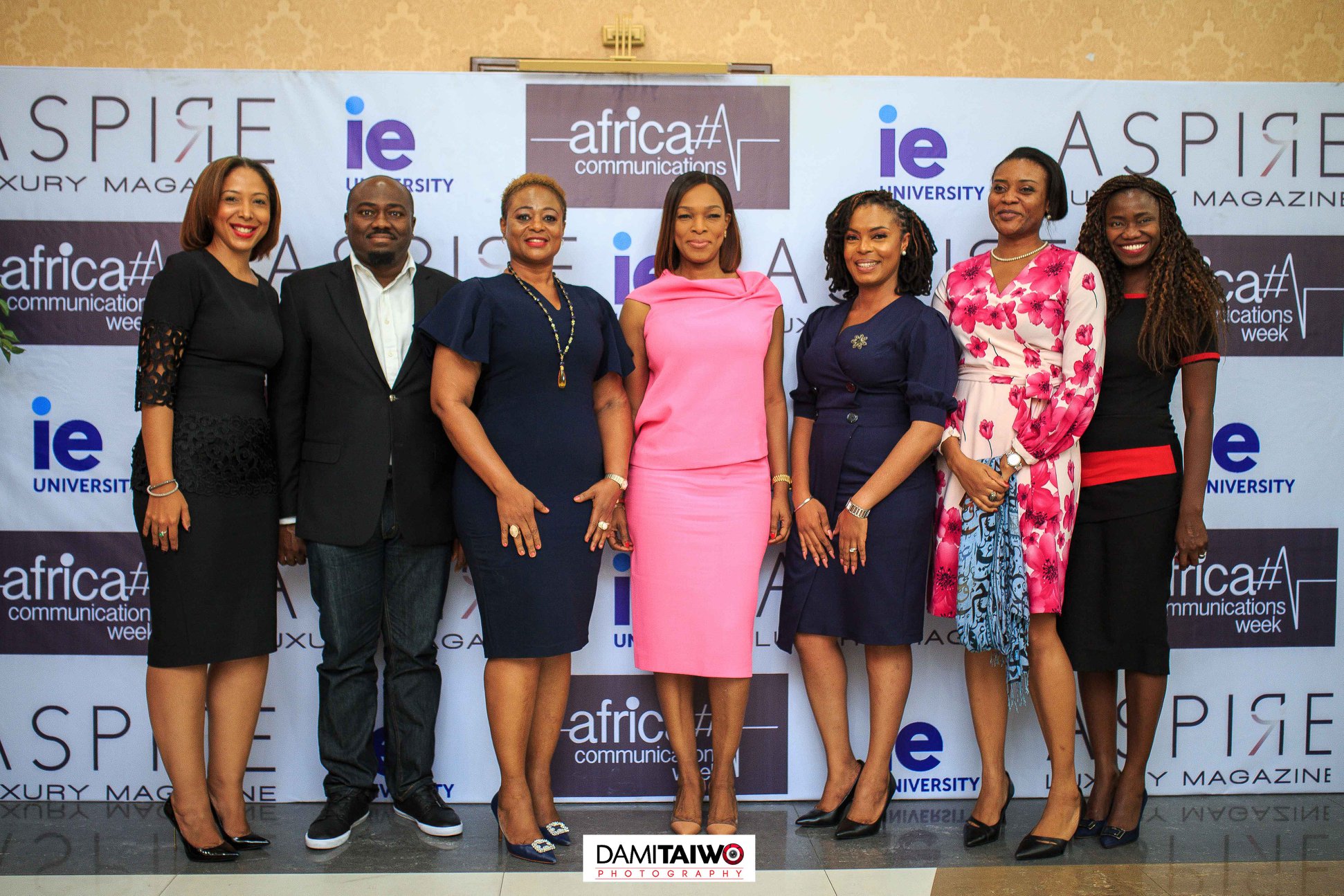
What is your analysis of the communication efforts of African countries, in general, and the DRC, in particular, during the COVID-19 crisis, for example?
Annie Mutamba: The pandemic has revealed the importance of communication in various aspects. Beyond crisis communication, it has also highlighted the urgency of prioritizing the collection, processing, and mastery of strategic information related to the national economy to better manage reputation, gain influence, and effectively steer communication. The challenge here was to intelligently shift from a reactive approach (reacting, responding, countering stereotypes, disinformation, fake news) to an offensive communication strategy: enlightening the country’s agenda, demonstrating facts, emphasizing economic, political, cultural, and scientific realities.
For some African states, this more assertive approach has translated into a clarified positioning internationally, particularly with multilateral institutions. I am based in Brussels, where my work as a public affairs consultant primarily involves interacting with European and international institutions. It is an incredible vantage point to analyze the communication and influence strategies of African states vis-à-vis their international counterparts.
Some states have made significant efforts in scientific communication, for example. Others have seen this crisis as an opportunity to strengthen their economic monitoring systems. For others, crisis communication has formed the foundation of collective action in response to the consequences of the pandemic. And it is clear that inequalities in access to vaccines have led some countries to strengthen their institutional communication.
While the results may vary, it is undeniable that the strategic communication of African states has experienced a before and after COVID-19.
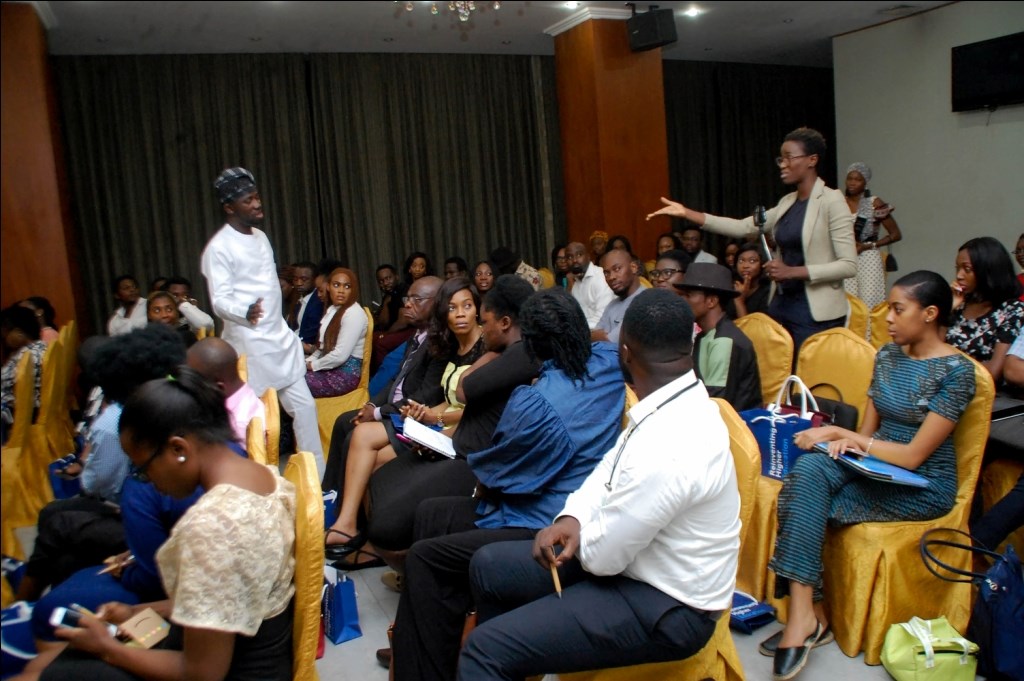
What progress/results do you hope for ACW in the years to come?
Annie Mutamba: One of the main objectives of AfricaCommsWeek is to raise awareness of the importance of effective communication in driving growth and development in Africa. We want to engage more with governments and policymakers because they play a crucial role in this mission. There is still much to be done.
We also want to continue playing our role as facilitators, creators of opportunities for communicators. Encouraging greater collaboration and partnerships among communication professionals, media, and other stakeholders, not only on the continent but also beyond. We will push the boundaries of the current network and deepen relationships with other regions such as Asia and Latin America.
